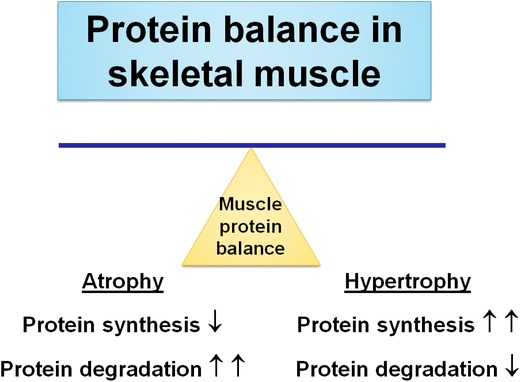Yes, the academic literature supports the notion that greater protein intake facilitates more rapid recovery, and can therefore sustain a greater training workload. And guidelines from all of the major sporting and dietary authorities around the world, which are remarkably consistent, reflect that fact.
Evidence supports an intake of 0.5 to 0.8 grams of protein per kilogram of body mass per day (g/kg/d) for general health, and between 1.2 and 2.0 g/kg/d for athletes, depending upon their discipline, training cycle, and workload. The guidelines can be summarised as follows:
| Protein (g/kg/d) Appropriate to... |
| 0.5 - 0.8 sedentary or semi-sedentary individuals |
| 1.2 - 1.4 active individuals |
| 1.5 - 1.6 endurance / strength / power athletes |
| 1.7 - 1.8 bodybuilders |
| 1.9 - 2.0 ultra-endurance / multi-sport athletes |
These figures are based upon a great breadth of research, which has demonstrated a general correlation between the physical demands of a discipline and the consequent protein requirement and/or utilisation by the body in response to those demands.
No, no research has yet investigated the limitations of protein utilisation in relation to exercise volume in the manner you describe. This is partly due to the limitations that such a study would impose on experimental design: protein uptake/utilisation/synthesis would be required to be measured in reference to two variables (protein intake and exercise volume) rather than one (just protein intake), thereby making it difficult to draw clear conclusions from the data.
Furthermore, the evidence already suggests a practical limitation to the amount of protein we can utilise. In this study mentioned by another commentator, for example, high protein intake (1.8 g/kg/d) was compared with extremely high protein intake (4.4 g/kg/d) whilst maintaining the same exercise volume. Assuming, fairly, that the athletes in the study trained in accordance with their ability, we would expect that intake for some individuals in the high-protein group would have been sub-optimal, and that we would therefore have seen variation between the two groups. Otherwise, we are necessarily assuming that the athletes trained well beneath their capabilities—so much so that protein intake within normal guidelines was overabundant or optimal.
It should be noted that, due to the legal status of performance-enhancing drugs, it is difficult to study this subject with respect to athletes who use them. Consequently, little is known about how drugs may alter the equation. It is certainly conceivable, given what we know about the action of such substances, that the figures would be significantly higher for those athletes.
And finally, the evidence suggests, with a number of important caveats, that a high protein diet does not damage the kidneys. This is provided that the kidneys are in good health, that protein intake is increased gradually, and that ‘high’ protein falls within the range of definitions given in the research. Most of the existing research has centred around the healthfulness, or otherwise, of the Western diet, so the definitions tend to coincide with observations of the general population. We might reasonably expect that quantities such as those prescribed in the aforementioned research might indeed be deleterious to our health.
I hope that provides some perspective on the topic.
